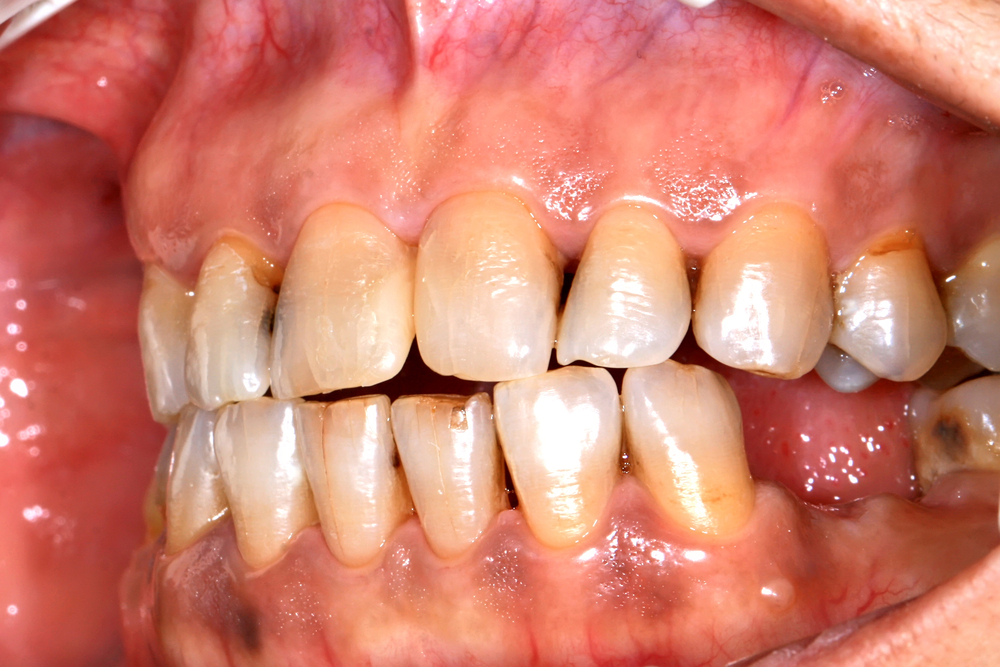Oral cancer is a serious health condition that affects the mouth, throat, and related areas. Understanding what oral cancer is, recognising its signs and symptoms, and knowing the risk factors can lead to early detection and better treatment outcomes. This article provides a comprehensive overview to help you stay informed and proactive about your oral health.
Understanding Oral Cancer
Oral cancer refers to cancers that develop in any part of the mouth, including the lips, gums, tongue, the inner lining of the cheeks, the roof and floor of the mouth, and the throat. According to the World Health Organisation, oral cancer is one of the most common cancers globally, with approximately 354,864 new cases diagnosed each year. Early detection is crucial, as it significantly increases the chances of successful treatment and survival.
Signs and Symptoms
Recognising the early signs and symptoms of oral cancer can make a significant difference in treatment outcomes. Common symptoms include:
Persistent Sores
Sores in the mouth that do not heal within two weeks can be a warning sign of oral cancer. These sores may appear on the lips, gums, tongue, or the roof of the mouth.
Pain or Discomfort
Ongoing pain in the mouth, lips, or throat without an obvious cause should be taken seriously. This discomfort may worsen over time.
Unexplained Bleeding
Bleeding from any part of the mouth without an injury is a concerning symptom. It may indicate a tumor or other abnormalities.
Lumps or Thickening
A lump or thickening in the cheek, gums, or other oral tissues can be an early indicator of cancer. These lumps are often painless but require immediate attention.
Difficulty Swallowing or Chewing
Experiencing persistent difficulty swallowing or chewing may suggest that oral cancer is affecting the tissues involved in these processes.
Changes in Voice
Hoarseness or other changes in the voice can occur if oral cancer affects the vocal cords or related areas.
Example
For instance, if you notice a persistent sore on your tongue that hasn’t healed after two weeks, it’s important to consult a dentist or healthcare professional promptly. Early evaluation can help determine whether the sore is benign or indicative of a more serious condition.

Risk Factors
Several factors can increase the likelihood of developing oral cancer. Understanding these risk factors can help in taking preventive measures:
Tobacco Use
Using tobacco products, including cigarettes, cigars, pipes, and smokeless tobacco, is the leading cause of oral cancer. The risk increases with the duration and frequency of tobacco use.
Excessive Alcohol Consumption
Heavy and prolonged alcohol use significantly raises the risk of oral cancer. When combined with tobacco use, the risk is even higher.
Human Papillomavirus (HPV) Infection
Certain strains of HPV, particularly HPV-16, are linked to oropharyngeal cancers, which affect the throat, base of the tongue, and tonsils.
Sun Exposure
Prolonged exposure to the sun can lead to lip cancer, especially if the lips are not adequately protected with sunscreen or lip balm containing SPF.
Poor Oral Hygiene
Neglecting oral hygiene can lead to chronic irritation and inflammation, increasing the risk of oral cancer.
Age and Gender
Oral cancer is more common in men and individuals over the age of 40. However, it can affect anyone, regardless of age or gender.
Example
A middle-aged man who smokes cigarettes and consumes alcohol excessively has a significantly higher risk of developing oral cancer compared to someone who avoids these substances.
Preventive Measures
While some risk factors like age and gender cannot be controlled, many others can be managed through lifestyle changes and proactive care:
Avoid Tobacco Products
The most effective way to reduce the risk of oral cancer is to avoid all forms of tobacco. Quitting smoking and refraining from using smokeless tobacco can dramatically decrease your chances of developing oral cancer.
Limit Alcohol Consumption
Moderating alcohol intake or avoiding it altogether can help lower the risk. Combining reduced alcohol use with quitting tobacco provides the greatest benefit.
Protect Your Lips from the Sun
Use lip balms with SPF to shield your lips from harmful UV rays. Wearing hats or using umbrellas in strong sunlight can also offer additional protection.
Maintain Good Oral Hygiene
Regular brushing, flossing, and dental check-ups help keep your mouth healthy and can aid in the early detection of abnormalities. Dentists play a crucial role in identifying potential issues during routine exams.
Healthy Diet
Eating a balanced diet rich in fruits, vegetables, and whole grains provides essential nutrients that support immune function and overall health, helping to protect against cancer.
When to See a Dentist
Regular dental check-ups are vital for maintaining oral health and early detection of oral cancer. However, there are specific signs that warrant an immediate visit:
- Persistent mouth sores that do not heal within two weeks
- Ongoing pain or discomfort in the mouth or throat
- Unexplained bleeding from the mouth
- New lumps or thickening in the oral tissues
- Difficulty swallowing or persistent changes in voice
Early intervention can prevent minor issues from becoming major health concerns, making timely consultations essential.
Conclusion
Oral cancer is a serious condition that requires awareness and proactive measures for prevention and early detection. By understanding the signs, symptoms, and risk factors, individuals can take steps to protect their oral health. Maintaining good oral hygiene, avoiding tobacco and excessive alcohol, and protecting the lips from the sun are effective strategies in reducing the risk of oral cancer. Regular dental check-ups are crucial, as dentists can play a pivotal role in identifying potential issues early on.


